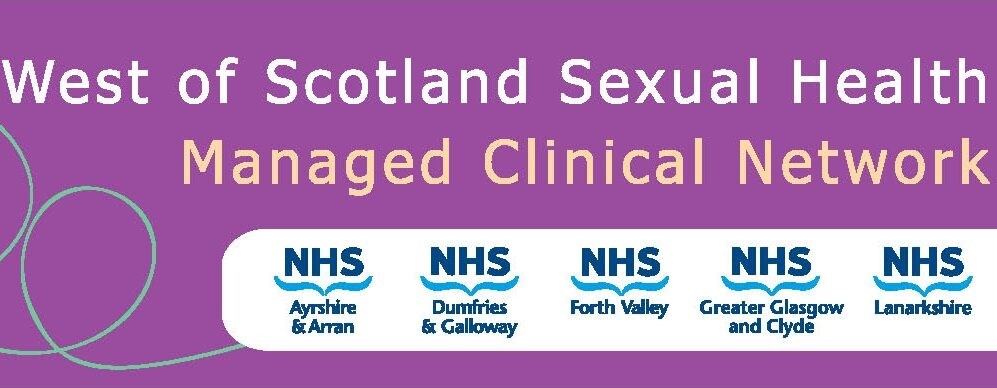Recurrences of genital herpes are generally self-limiting and usually cause minor symptoms. Management strategies include:
- supportive therapy only
- episodic antiviral therapy
- suppressive antiviral therapy.
The most appropriate strategy for managing an individual patient will vary over time, dependent upon:
- the patient’s psychological coping strategies
- recurrence frequency and duration
- symptom severity
- other factors such as relationship status, relationship difficulties and concerns of onward transmission.
Patients should be seen by an experienced clinician, where all relevant clinical and psychosocial issues can be addressed.
1. Supportive therapy only
Analgesia, 5% lidocaine ointment, saline baths, and use of yellow soft paraffin in the absence of specific antiviral treatment are suitable for patients with short, infrequent recurrences with minimum pain or distress.
2. Episodic antiviral treatment
Oral aciclovir, valaciclovir, and famciclovir are effective at reducing the duration and severity of recurrent genital herpes.
- The reduction in duration is a median of 1 to 2 days.
- Aborted lesions have been documented in up to one third of patients with early treatment.
- Patients who experience infrequent episodes which cause distress because of their severity and/or duration may benefit from episodic treatment.
- Patients with the occasional but prolonged episode (longer than 7 days), or those very concerned that episodes will occur during special events, holidays etc. may be particularly suitable for this approach.
- Some patients who would appear to be more suitable for suppressive therapy may also choose this option as they wish to avoid continuous use of medication.
- To ensure prompt treatment, consideration should be given to providing patients with the appropriate treatment in advance. Treatment started early (including during prodromal symptoms) in an episode and prior to the development of papules is likely to be of greatest benefit.
The regimen recommended is:
Aciclovir 800mg three times daily for 2 days.
Clients with genital herpes with HIV (or immunosuppression) should be managed by a senior clinician experienced in the management of genital HSV in people with HIV or the immunosuppressed. Treatment regimes may vary.
*See later section ‘Management of genital herpes in people with HIV (or immunosuppression)’.
3. Suppressive therapy
Patients with virologically confirmed genital herpes and a recurrence rate of more than six episodes of genital herpes annually are likely to experience a substantial reduction in recurrence frequency on suppressive therapy. All patients in this category, especially those with prolonged and/or painful recurrences should therefore be given full information on the advantages and disadvantages of suppressive therapy, within the context of their overall clinical care.
Patients with lower rates of recurrences will probably also have fewer recurrences with treatment. The decision to start suppressive therapy is a subjective one, balancing the costs and inconvenience of treatment.
Experience with suppressive therapy is most extensive with aciclovir. Safety and resistance data on patients taking long term therapy now extend to over 20 years of continuous surveillance.
The regimen recommended is:
Aciclovir 400 mg twice daily.
Clients with genital herpes with HIV (or immunosuppression) should be managed by a senior clinician experienced in the management of genital HSV in people with HIV or the immunosuppressed. Treatment regimes may vary.
*See later section ‘Management of genital herpes in people with HIV (or immunosuppression)’.
If breakthrough recurrences occur on standard treatment, the daily dose should be increased to aciclovir 400mg three times daily.
Sexual health services should supply an initial one month supply and local procedures will determine where the patient accesses on going supplies with appropriate correspondence if this is intended to be from their GP.
Suppressive treatment should be provided for a minimum of six months and a trial of discontinuation should be considered after one year of continuous therapy, to reassess recurrence frequency. Most patients will have an episode soon after stopping suppressive treatment, therefore the minimum period of assessment should include two recurrences. Patients who continue to have unacceptably high rates of recurrence or problematic disease may restart treatment.
